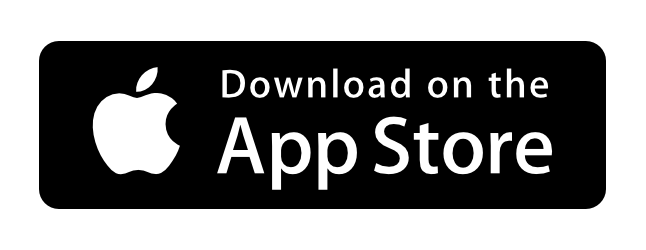By now, most professionals and job seekers know not to post incriminating pictures on the web for employers to view. But what about using the Internet proactively in your job search?
Online networking involves using web resources to connect with people to help further your own career goals, and at the same time help others reach their goals. These web resources can include blogs, websites, discussion groups, listservs, and social and professional networking sites such as Facebook and LinkedIn.
Online networking has many similarities to traditional networking, but it is a tool that is available 24 hours a day and has an unlimited geographic scope. Of course, simply setting up a profile on LinkedIn is not going to bring in a flood of job offers – rather it is one part of an overall networking strategy. It can enable you to identify people who can help with your job search process, and make you more visible to others who may be seeking your expertise.
What can you do to get started?
- Create a LinkedIn profile and use it to connect with former colleagues, people you meet at live networking events, and other professional contacts. “Beef up” your LinkedIn profile by including a job summary, creating a vanity URL that you can include in your e-mail signature, joining groups, and obtaining third party recommendations.
- Register on Facebook and reconnect with old friends and classmates. Think you’re too old for Facebook? Many corporations and government agencies have started using Facebook pages as recruiting tools.
- Stay up to date on new developments in your field. If you read an article or a blog post that interests you, contact the author.
- Join career-related and other organizations, and sign up for their e-mail lists so you receive invitations to events. Attend the events for some in-person networking. There is no need to limit yourself to professional organizations – you never know when a fellow dodgeball player will happen to work in your field.
- Start a blog or write an online article on a subject of interest to you that is relevant to your chosen career path. Develop an area of expertise and people may start contacting you for advice.
Whatever strategies you implement online, be sure to remain professional. While you may choose to share more information than would be found on your resume, refrain from getting too personal. Never post anything you would not want a potential employer to view – and routinely “Google” yourself to see what type of information is out there should an employer choose to search for your name.
Devote some time over the next few weeks to establishing an online presence. You may be surprised to find that that guy who sat next to you in your high school art class is now married to the CEO of your dream employer.




